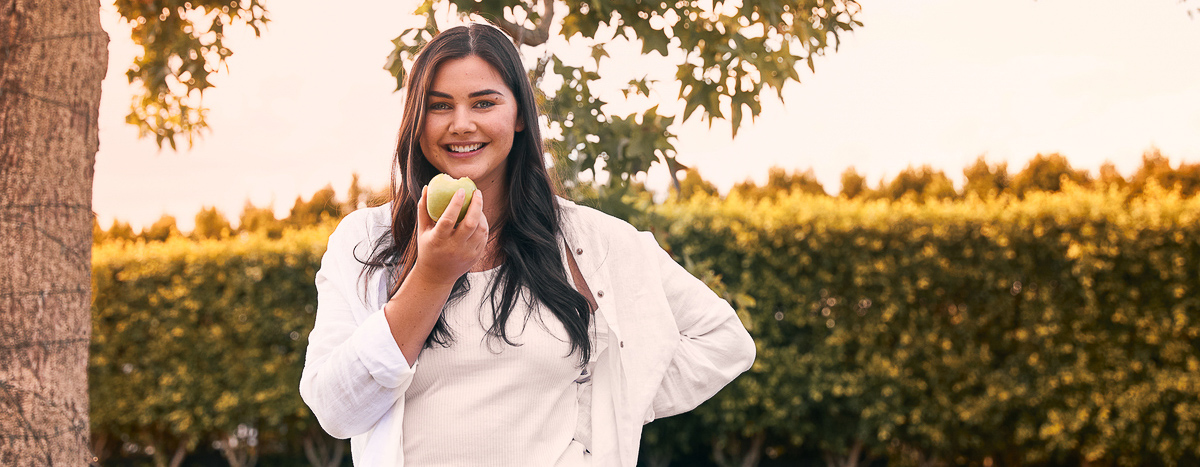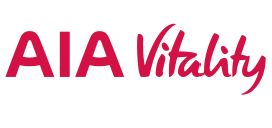Life Insurance
Lump sum payment if you were to pass away or are diagnosed with a terminal illness.
Jess Quinn - 5 min read
16 July 2020
COVID-19 might have thrown the world into disarray, but AIA Vitality Ambassador Jess Quinn talks us through the healthy iso habits she’s held onto in post-lockdown life.

Going into lockdown was tough – there’s no doubt about that. But for me, the experience also delivered a few pretty surprising lessons, and made me rethink a few aspects of my life.
And even now, despite having most of our freedoms back, some of those lessons have actually helped me. I’m talking about things like…
The biggest thing I learned during lockdown was that it’s OK to slow down. There’s a certain badge of honour that comes with being busy; many of us equate ‘busyness’ to success, but it doesn’t necessarily equate to productivity. In fact, that feeling of being busy usually leaves us feeling stressed and burnt out!
I have definitely been guilty of this. I’m self-employed, and before COVID-19 I’d rush around and fill the gaps in my calendar as a way of convincing myself that I was getting things done. But during that enforced period of lockdown, when I literally couldn’t leave the house at all, I realised I’m more productive and focused when I slow down and move through life more consciously.
Now that day-to-day life is returning to normal, I’m making sure that I’m still taking time for me. If I’ve got no meetings planned, I stay at home (rather than trying to fill every last second!) and remain in that slower way of thinking. I do what needs to be done – I’ve found that slowing down actually makes me more efficient – but then I make sure I schedule in some time for myself.
Since lockdown, I’ve restructured my time so that I start each day slowly and mindfully. I make breakfast and sit down to eat, rather than rushing out the door and grabbing something on the go. It’s important that I do a little self-care practice every day too, like some yoga, meditation, or even just a few nice deep breaths. It helps me reconnect with my body and mind, and is so good for my wellbeing. Going for a walk in the fresh air is really important for my mental health as well – I pop on a podcast and explore my neighbourhood (and get a nice dose of Vitamin D too!).
So many of us are people pleasers, and find it difficult to say no. But during lockdown – and now – I’ve been able to regain more control by setting boundaries in my life. It means I’m more present, and my mind isn’t as busy thinking of all those other things I should be doing.
I’m lucky, in that I don’t work a typical 9 to 5 job, and I have the luxury of arranging my days in a way that will work for me. But if you can start including these little moments into your day – like stretching your body, taking cleansing, deep breaths throughout the day, allowing yourself time away from your desk (and devices!) at lunchtime – you’ll notice the difference.
Being busy certainly has a place in our lives – it’s exciting and is often a great driver, helping us get things done – but slowing down has made me appreciate my life, and the people in it, more. I feel more connected to the people around me, and slowing down has had this knock-on effect of further strengthening my relationships with friends and family.
Slowing down has had a really positive impact on my mental health. I’m more present during the day, so when I go to bed at night I don’t have a million things rushing through my head of what needs to be done tomorrow. These days, I turn off my phone a few hours before bed, have a cup of herbal tea, and really try to switch off. It’s really helped me sleep, and I wake up feeling refreshed and ready for a new day.

This content is sponsored by AIA Vitality NZ
AIA Vitality is a personalised, health and wellbeing programme that supports you every day to make healthier lifestyle choices.
Disclaimer:
The information in this article is general information only and is not intended as financial, medical, health, nutritional, tax or other advice. It does not take into account any individual’s personal situation or needs. You should consider obtaining professional advice from a financial adviser and/or tax specialist, or medical or health practitioner, in relation to your own circumstances and before acting on this information.